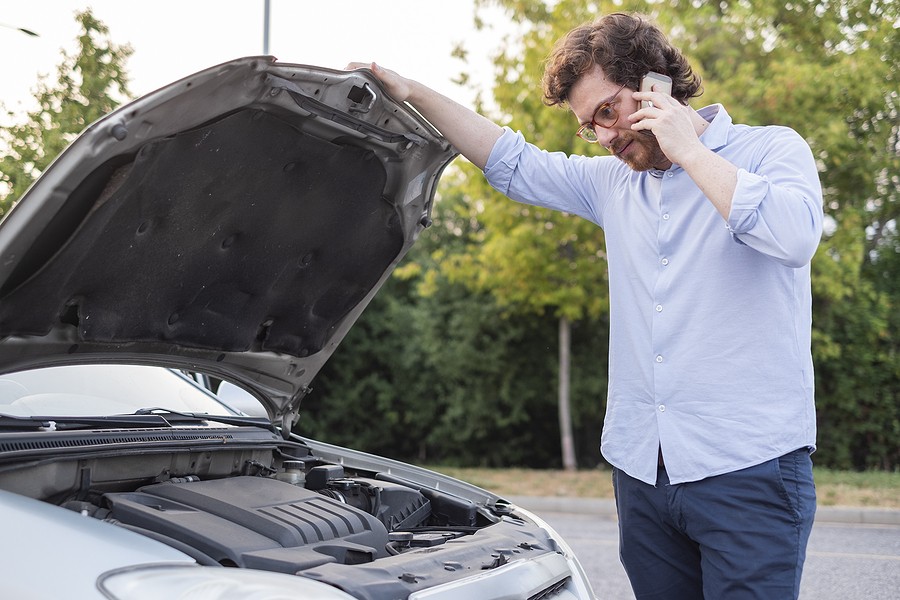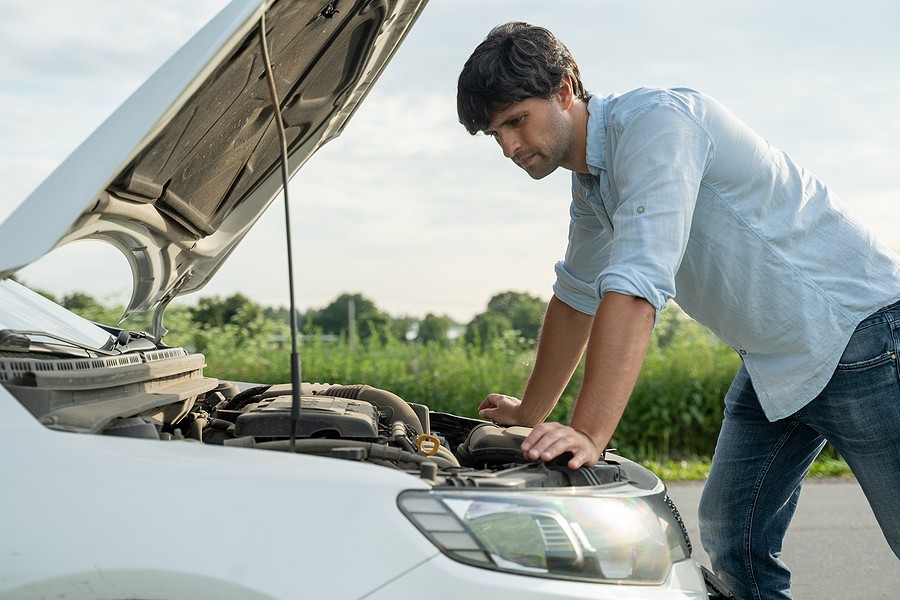If you have an engine that has been sitting for a long period of time, it's possible that it may have become “locked up.” This means that the engine is no longer able to move or function as it should. In this article, we will explore the causes of an engine becoming locked up, as well as some potential solutions for getting it running again.
What is engine lock up?
Engine lock up refers to a situation in which the engine is no longer able to move or function as it should. This can be caused by a variety of factors, such as rust and corrosion, a lack of lubrication, water or coolant in the cylinders, or mechanical issues such as a broken timing belt or a seized bearing. Engine lock up can be a frustrating problem, but it is often possible to diagnose and fix it by cleaning and lubricating the engine, removing any excess liquid from the cylinders, repairing any mechanical issues, or rebuilding the engine if necessary.
What Causes an Engine to Lock Up?
There are a few different factors that can contribute to an engine becoming locked up. Some common causes include:
-
Rust and corrosion
If an engine has been sitting for a long time, it can begin to rust and corrode. This can lead to parts of the engine becoming stuck or seized up, making it difficult or impossible for the engine to move.
-
Lack of lubrication
Lubrication is essential for keeping the moving parts of an engine functioning smoothly. If an engine has been sitting for a long period of time without any lubrication, the parts may become stuck or seized.
-
Coolant or water in the cylinders
If coolant or water gets into the cylinders of an engine, it can cause the engine to become locked up. This is because the water or coolant can interfere with the movement of the pistons, causing them to become stuck.
-
Mechanical issues
In some cases, an engine may become locked up due to mechanical issues such as a broken timing belt or a seized bearing. These types of issues can cause the engine to become stuck and unable to move.
How to Fix a Locked Up Engine
If your engine has become locked up, it's important to diagnose the problem and determine the best course of action. Here are a few potential solutions:
-
Clean and lubricate the engine
If the cause of the locked up engine is rust or a lack of lubrication, one potential solution is to clean and lubricate the engine. This may involve using a rust dissolver to loosen any rust that has formed, as well as lubricating the moving parts of the engine.
-
Remove any water or coolant from the cylinders
If water or coolant has gotten into the cylinders, it may be necessary to remove it in order to get the engine moving again. This may involve removing the spark plugs and using a compression tester to determine if there is any water or coolant present. If there is, it may be necessary to remove the cylinder head and use a shop vac to remove the excess liquid.
-
Repair any mechanical issues
If the cause of the locked up engine is a mechanical issue, it will be necessary to repair or replace the damaged part. This may involve replacing a timing belt, a seized bearing, or any other damaged components.
-
Rebuild the engine
In some cases, it may be necessary to completely rebuild the engine in order to get it running again. This is typically a more involved and expensive process, but it may be necessary if the engine has suffered significant damage.

Interested in fixing engine lock up yourself? Here are more tips
If your engine has become locked up, there are a few potential solutions you can try to fix the problem. Here are some steps you can take:
- Determine the cause of the engine lock up. This will help you understand what needs to be done to fix the problem. Common causes of engine lock up include rust and corrosion, a lack of lubrication, water or coolant in the cylinders, and mechanical issues such as a broken timing belt or a seized bearing.
- Clean and lubricate the engine. If the cause of the lock up is rust or a lack of lubrication, cleaning and lubricating the engine may help to get it moving again. Use a rust dissolver to loosen any rust that has formed, and lubricate the moving parts of the engine.
- Remove any water or coolant from the cylinders. If water or coolant has gotten into the cylinders, it may be necessary to remove it in order to get the engine moving again. This may involve removing the spark plugs and using a compression tester to determine if there is any water or coolant present. If there is, it may be necessary to remove the cylinder head and use a shop vac to remove the excess liquid.
- Repair any mechanical issues. If the cause of the lock up is a mechanical issue, it will be necessary to repair or replace the damaged part. This may involve replacing a timing belt, a seized bearing, or any other damaged components.
- Rebuild the engine. In some cases, it may be necessary to completely rebuild the engine in order to get it running again. This is typically a more involved and expensive process, but it may be necessary if the engine has suffered significant damage.
Remember to always follow proper safety procedures when working on your engine. If you are unsure of how to proceed or do not have the necessary tools or expertise, it is best to seek the help of a professional mechanic.

Conclusion
An engine that has become locked up can be a frustrating problem, but with some diagnosis and repair work, it is often possible to get the engine running again. By understanding the causes of a locked up engine and exploring potential solutions, you can get your vehicle back on the road and running smoothly.
For more details, call Cash Cars Buyer at 773-791-4363!



